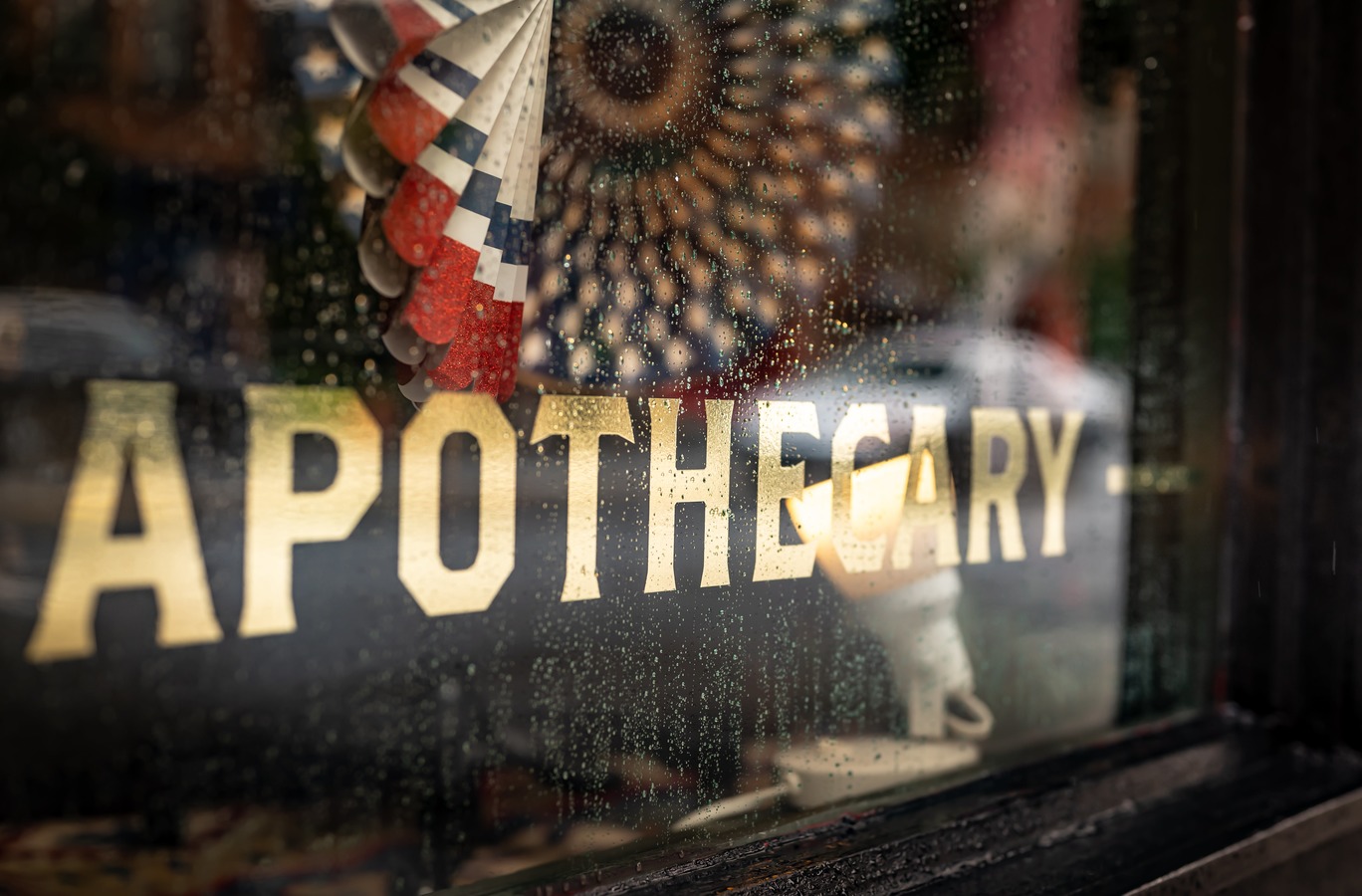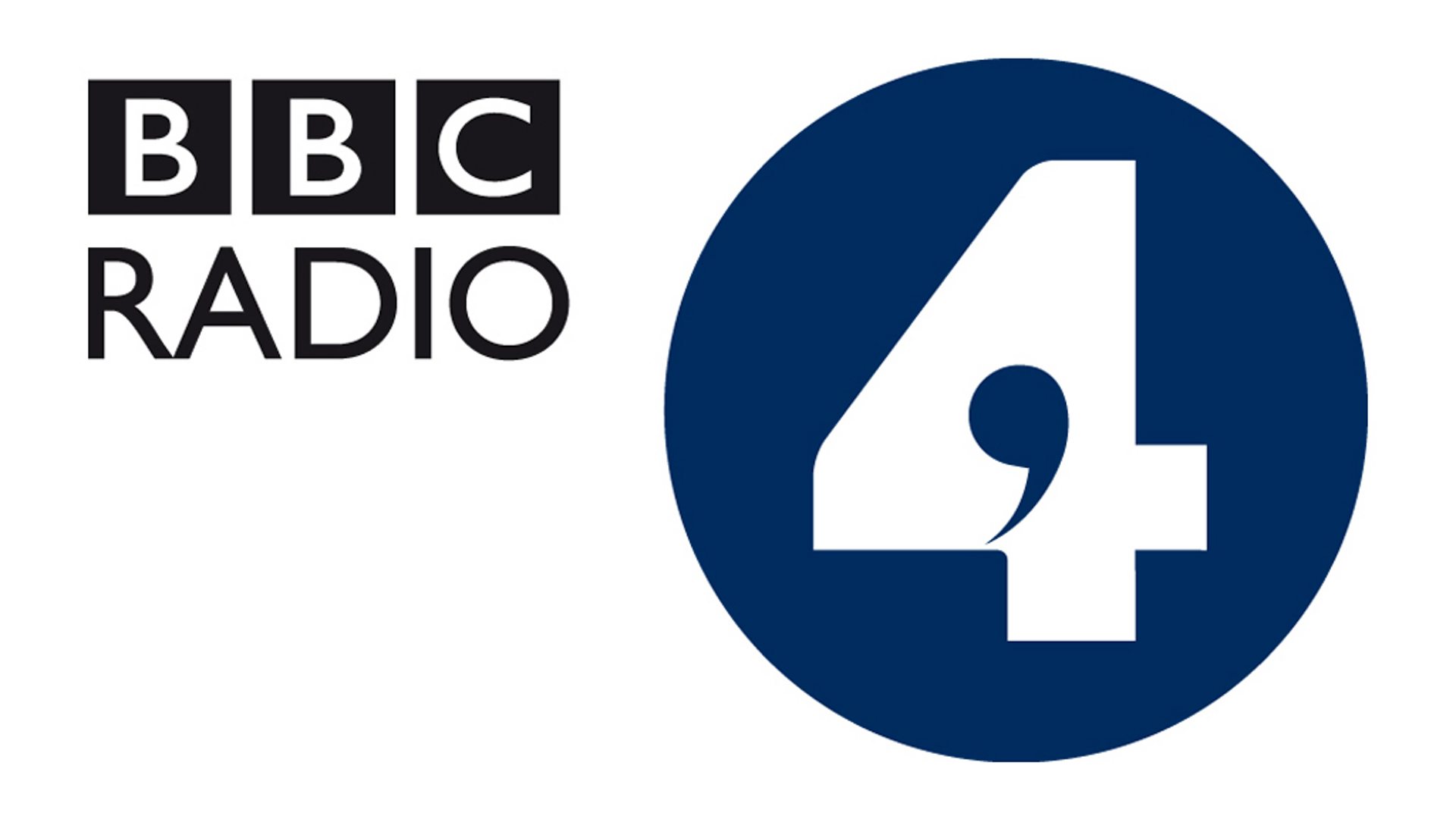A man can do what he wants, but not want what he wants.
– Arthur Schopenhauer in On The Freedom Of The Will (1839)
Non-monogamy is the ability and desire to sustain more than one sexual and/or romantic connection at a time. You may already be familiar with the notion, or perhaps it is something radically new which you discovered recently. Whatever your stance, whether you feel intrigued or uncomfortable, that is great! This article will not judge your lifestyle or tell you what is ‘right’: all that I hope to achieve is to help you think about yourself. Your curiosity is all that matters and I am glad you are here.
Non-monogamy isn’t better or worse than monogamy; it is just a framework with a different set of challenges and rewards, and it is down to you to figure out what works best. The majority of us sleepwalk into monogamy because that is the only relationship framework we have ever known and experienced. Any alternative, even just imagined, may look and sound completely crazy and terrifying – whether not outright sickening. To some, it speaks of a life where we are cast out of society, where we lose our dear ones, maybe even our job and end up alone, miserable and ridden with STIs because of our foolishness.
These thoughts are hard to deal with, so, it is not lightly that I ask you to set these aside until later.
If on a Winter’s Night a Traveler…
Let’s start from scratch: you are what you are.
It is what you are – the set of conscious and unconscious traits that make up your psyche right now – that defines the specific challenges you are going to face in your interpersonal life and how you are going to respond to your environment. You don’t get to choose or make it the other way round.
Thus, first, you need to figure out who you are, and then that will tell you what lies ahead. You can then try and embrace that path, or deny yourself the chance to be a more complete, more fulfilled, truer human being. The former means you are most likely going to challenge rules, lose friends as well as make new ones, and generally be sure in the knowledge that the journey you embarked upon is part of your freedom of expression: you have the right to be the unabridged version of yourself. The latter means willingly suppressing part of your nature. It means editing out a part of you, whatever the reason (and there may be very good reasons, such as protecting your loved ones). Putting off this reckoning indefinitely may hit you back when you least expect it, many years from now, destroying relationships, life plans, even families.
For the remainder of our conversation, I am also asking you to shift the focus away from the discomfort you likely feel at the thought of your partner seeing other people. The ability to understand and handle jealousy is a skill that is acquired over time, so don’t be distracted by how overwhelming and perhaps even repulsive these thoughts are right now. In fact, be kind to yourself: this is stuff we were never taught to deal with in the first place. Quite the opposite: we were taught that jealousy is normal. That it is a healthy sign of a functional relationship. Does feeling jealous hurt because it means that you are truly in love with your partner? Or does it hurt because you think you might “not be enough” and are scared of losing them to someone “better than you”? Ultimately, is jealousy saying something about your partner or is it saying something about yourself?
It is a common misconception that non-monogamous people do not feel jealous. Far from it, although the intensity of the experience may be different for each one of us based on upbringing and prior experience, all human beings feel jealous and possessive: we all desire to feel cherished, unique and special – whether monogamous or not. Worse even: we need it. It is as true for siblings as it is for lovers.
The Castle of Crossed Destinies
If it is not about jealousy and cast-iron certainty in what you are doing, then how do you know whether you are non-monogamous?
Try and think of the best romantic and sexual relationship you can think of. In fact, imagine your ideal relationship. Visualise you and your partner together. Take the time to explore the love you feel for each other, the intimacy of your connection, the sense of safety and fulfillment originating from it.
If, from within the heart of this amazing bond, you still feel excited at the thought of meeting new, attractive, interesting people and seeing where it goes – whether physically or romantically, whether for a fleeting connection or for long-term involvement – and if that connection doesn’t feel like a threat to the love and attraction you feel for your partner, then you are non-monogamous. In other words, if the ability to connect to others as you see fit matters to you under all circumstances, that’s it: you are non-monogamous.
Non-monogamy is not defined by how easy, safe or desirable you find it, by how skilled at it you think you are, or by what your partner wants: it is a feature of how the mechanisms of attraction work for you.
Even if you find yourself thinking “I would sleep with others, but I wouldn’t let my partner do it” – which makes for a dubiously-ethical proposition – you are non-monogamous. On the contrary, you are not necessarily non-monogamous if you have been cheating on your partner. In that case, you should wonder whether it is the relationship framework (‘mono’ vs ‘nomo’) that is not working for you, or whether instead you are fundamentally monogamous but are with someone who is not right for you at the moment.
Being monogamous is not about “giving up on non-monogamy” for the sake of a relationship either, much like a bisexual person who is in a relationship with a man has not “given up on women”. There are people who are non-monogamous yet made the informed and conscious choice of being in a monogamous relationship, whether for the long term or for a period of their lives. Relationship needs change and evolve with us. And there are people who are monogamous but are aware that monogamy is just one of many dishes at the relationships buffet, and that it comes with specific pros and cons. In both these relationships, partners know that theirs is one framework amongst many and that their preferences may change. These are examples of what is known as conscious monogamy.
If you don’t see yourself completely giving up your freedom to deepen your acquaintance of others sexually and/or romantically, you should most definitely not be in a monogamous relationship.
Six Memos for the Next Millennium
What you might be most worried about is not the idea of sharing deep emotional connection with a new friend or a moment of hot sex with a stranger: it is the consequences of those actions. You fear they may harm the intimacy and connection with an existing partner. You wonder whether they mean you are no longer attracted to and in love with your partner as you used to be. You fear they will push you away from them, or that they will push them away from you. You fear being outed as a “whore” or a “man-whore” by your peers, and ending up an outcast. You fear you will lose friends as they couple up, move in and start families. You fear you may never be able to build real intimacy and true love if you gave in to a non-monogamous lifestyle.
Sadly, anything I could say now – no matter how positive or encouraging – won’t leave you feeling reassured or safe, at least not deeply. That is because I cannot answer those questions for you: intellectual understanding and emotional experience are not interchangeable.
My answers come from my own story, and my own story is the story of how I found those answers. They are mine, not yours.
All I can say is that there has not been a single consciously-non-monogamous person I have met who has not wondered the same questions, and had to do the work of figuring out their own way.
It is normal to fear the unknown. That’s why we have sea monster stories and tales of alien invaders. It is normal to be scared, even repulsed, by what you do not have a reference frame for, particularly by something that seemingly goes against a universal, unspoken agreement.
Whether you feel like you are closer to knowing if you are non-monogamous or not, I want you to hear me out when I tell you that it is perfectly possible to have deep, fulfilling, loving relationships which involve some degree of openness (exactly what type and degree is, also, down to you to figure out). Millions of people the world over are in consciously non-monogamous relationships right now – it just isn’t everyone’s favourite dinner-table conversation.
If you have just discovered something new about yourself reading this article, I encourage you to embrace your identity and start exploring. Do not do it on your own: read, question, build up your knowledge and look for a network of individuals who can support you on your journey, like the one we have here at Alethya. It will spare you a lot of confusion as you learn about yourself and make the inevitable mistakes along the way. Most importantly, if you believe you are non-monogamous and you are in a relationship or planning to be in one, you should take steps to open up to your partner. I know the thought feels terrifying and agonizing: I have been there. Ask yourself: is the perspective of losing someone you love really worth repressing your true self, forever? A nature which may emerge, powerfully and wildly, when you least expect it?
Do not underestimate your partner’s reaction, as they might be non-monogamous too! Non-monogamy is more common than you think: only 17% of human cultures are strictly monogamous and there is mounting evidence suggesting we all share a non-monogamous prehistoric past. Perhaps, just like you, your partner did not know they might be non-monogamous, or were too terrified of losing you to bring up the topic.
If you are monogamous, you now know that non-monogamy isn’t a walk in the park and that your non-monogamous friends need as much support from you as possible. Nobody is trying to claim superiority of non-monogamy over monogamy: we are all just trying to figure out who we are and what makes us happy. Every choice is a valid choice, as long as it’s conscious and intentional. Remember that your needs evolve too, and that one day you may think differently about your relationship preferences.
If openness matters to you, now or in the future, don’t deny yourself the chance of being the best version of yourself you can possibly be.




















